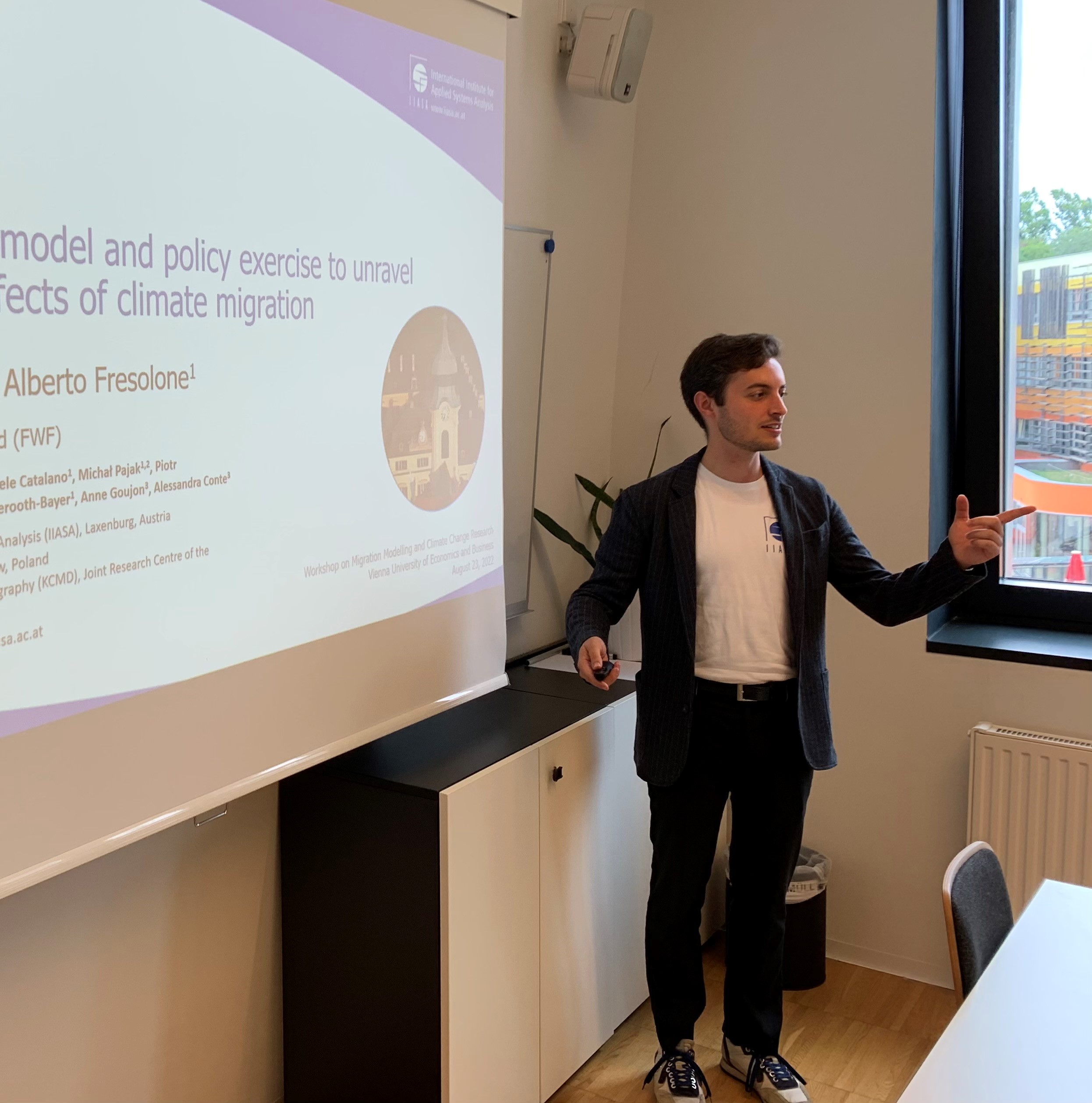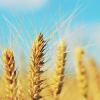
Alberto Fresolone winner of IDRiM 2022 Young Scientist Session Award.
 © Fresolone
© Fresolone
Alberto Fresolone, Research Assistant in the Equity and Justice Research Group under the supervision of JoAnne Linnerooth-Bayer, is the winner of this year’s Young Scientists Session (YSS) Award at the 12th International Conference of the International Society for Integrated Disaster Risk Management (IDRiM). He won the first place in a competition in which 47 young researchers participated. The YSS committee as well as his colleagues congratulate him on this achievement.
In his contribution, titled “A model-based policy exercise to examine climate migration policy in Europe”, he presented the ongoing work of the ABM2Policy project-team, focusing on the policy exercise and serious game that has been developed. It is based on an agent-based model (ABM) that analyzes the economic consequences of Austrian climate-migration scenarios up to 2024, the specific case being migration from the MENA region driven by drought and locust infestations. The goal of the policy exercise and serious game, where players take on the roles of Austrian political party representatives, is to ensure stakeholder experiential learning through participatory processes that can inform their real-world decisions, aiming at reaching compromises on migration policy propositions informed by the ABM. He reported on results involving mainly students and researchers.
News

06 March 2025
IIASA’s CAT Research Group joined the UN ECOSOC Partnership Forum 2025’s event: Global Challenges Action Innovation, Emerging Technologies & the Power of Partnerships

14 February 2025
Strengthening citizen science and sustainability monitoring in Europe

12 February 2025
